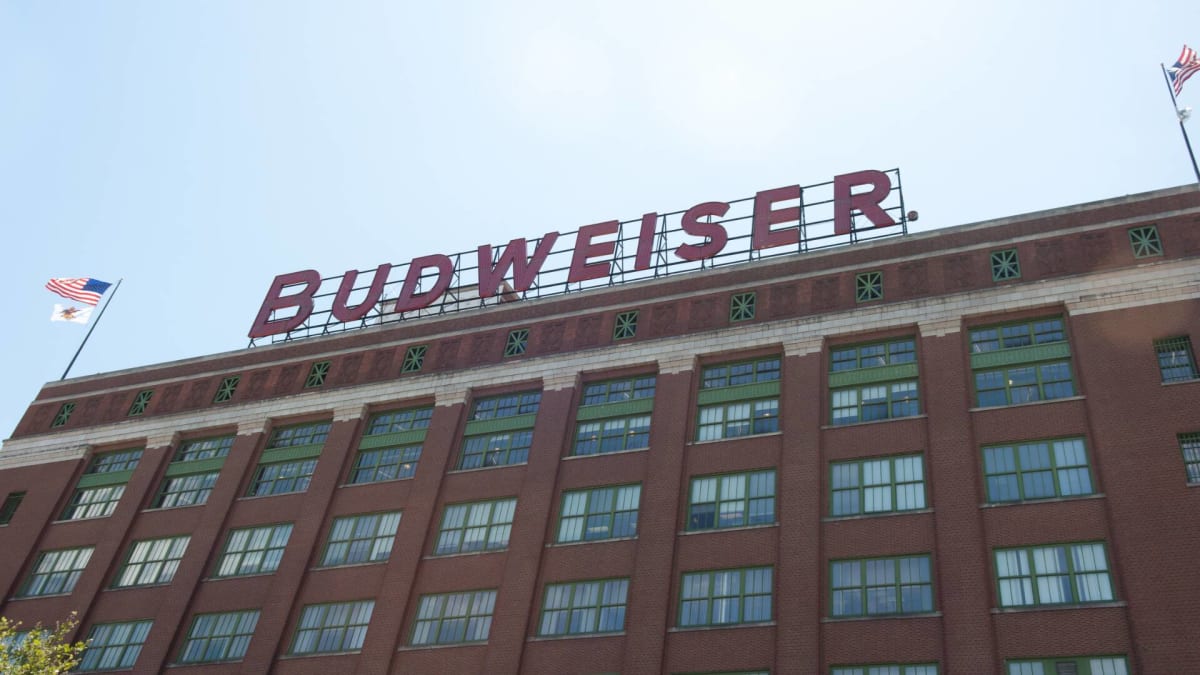
In recent weeks, Anheuser-Busch Inbev (BUD) has been struggling to deal with the public outcry over a social media advertising campaign it sponsored with transgender personality Dylan Mulvaney.
Bud Light, the company's brand that has been leading U.S. beer sales for years, found itself at the center of the controversy. As of May 6, its sales had fallen for the fifth consecutive week.
DON'T MISS: Now Bud Light Can Be Found Free of Charge
Now, AB Inbev is discontinuing its Babe wine and Hiball energy brands.
The company said in a letter to wholesalers that it wants to "better focus and simplify for growth," according to Retail Dive.
It will move its focus to what the company calls its "mega brands," the letter said.
"As we take a more focused view on our portfolio assortment, we are prioritizing investments and execution behind key brands that will drive long-term growth and create value," the company wrote. "In 2023, we will continue to focus the Mega Brand portfolio, while building relationships with newer partners to further drive category growth and meet consumers where they are."
Other Companies Have Used This Approach In the Past
It's a strategy that has been used by other brands in the recent past, including by Coca-Cola (KO).
In 2020, the drink industry company discontinued some of its smaller brands to concentrate on in its larger ones.
"Going forward, Coca-Cola plans to invest more resources in its strongest brands and phase out its smaller, less profitable brands," Business Insider reported at the time. "Fifty percent of the company's brands account for 98% of its revenue."
As part of its strategy, Coca-Cola sold or stopped producing Zico coconut water, Tab soda and Odwalla Juice.
Retail Dive provided some further background on AB Inbev's decision.
AB InBev’s portfolio includes a recognizable roster of well-known alcohol brands including Budweiser, Michelob Ultra and Bud Light. While the company has moved aggressively to innovate these products through new flavors and position them in trendy categories like no- or low-alcohol and hard seltzer, it also has looked outside its portfolio for growth.
In recent years it has purchased several craft breweries, Hoop Tea and canned cocktail brand Cutwater Spirits. Similar to its U.S. competitor Molson Coors, however, not all of the bets have worked out.
The announcement by AB InBev’s Anheuser-Busch division to wind down Babe and Hiball indicates the brands were not growing fast enough at the company, or within their respective categories, to justify further investment. Rather than spend more money, AB InBev is choosing to cease production and put its dollars behind its large brands and more promising smaller items.
Get exclusive access to portfolio managers and their proven investing strategies with Real Money Pro. Get started now.







